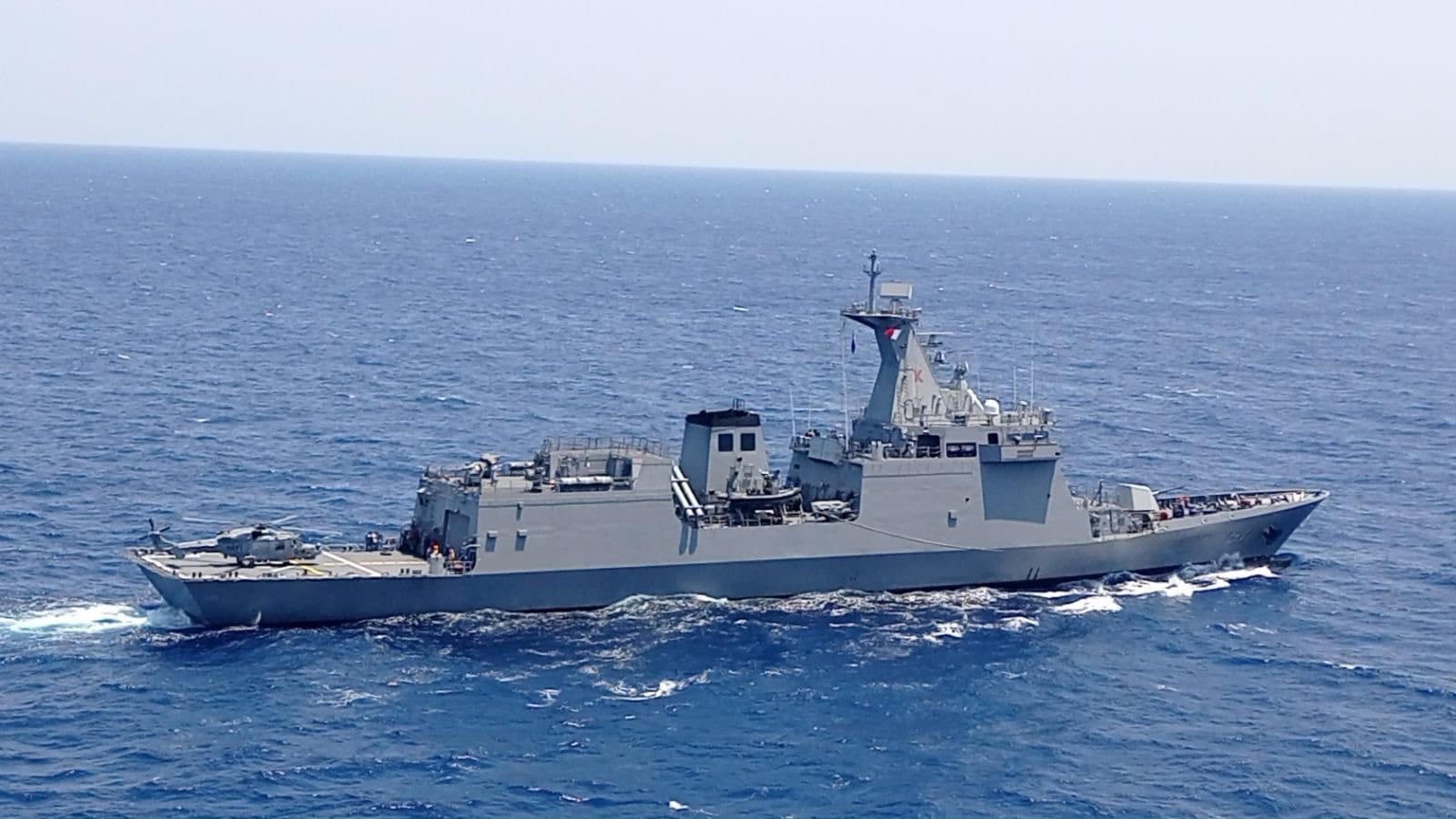UN human rights experts have raised serious concerns regarding the legality of recent US military strikes on vessels in the Caribbean and Eastern Pacific. These attacks, described as “repeated and systematic lethal attacks,” are said to potentially constitute war crimes under international maritime law. The experts highlighted that the strikes may represent unlawful killings that bypassed essential legal processes, denying individuals due process.
The three UN experts emphasized that the strikes lacked any efforts to apprehend individuals or provide evidence justifying them as lawful targets. They concluded that the attacks did not appear to be driven by national self-defense and failed to target individuals posing an imminent threat to life. As a result, the experts have called for an immediate halt to the strikes and a comprehensive investigation into the incidents.
The contested strikes, numbering at least 15, occurred in international waters beginning on September 2, targeting vessels suspected of involvement in narcotics trafficking. Reports indicate that these operations have resulted in approximately 64 fatalities and left only three survivors.
In a letter following the initial strike, US Secretary of Defense Pete Hegseth justified the military actions as a necessary response to “extraordinarily violent drug trafficking cartels,” which he categorized as terrorist organizations. According to Hegseth, these groups pose a direct threat to US citizens and national security interests. He asserted that the strikes were conducted in self-defense, claiming that regional nations were either unable or unwilling to address the ongoing threat posed by these cartels.
In a post on X (formerly Twitter) dated October 28, Hegseth reiterated the severity of the situation, stating, “These narco-terrorists have killed more Americans than Al-Qaeda,” and declared the US’s intention to pursue them aggressively.
The incidents have raised questions regarding compliance with international law. The United Nations Convention on the Law of the Sea (UNCLOS) does not explicitly prohibit military strikes in international waters but emphasizes “freedom of the high seas” and their use for peaceful purposes, particularly in Articles 87 and 88. While the US is a party to UNCLOS, experts argue that it is bound to act in accordance with its provisions.
Additionally, the UN Charter permits self-defense in the event of an “armed attack,” provided such actions are necessary and proportionate. President Trump previously characterized the strikes as part of an “armed conflict” with drug cartels, suggesting that cartel members should be classified as enemy combatants rather than criminals. This interpretation has faced scrutiny from legal experts regarding its legitimacy and the necessity of congressional approval for such military actions.
As calls for accountability grow louder, the implications of these strikes extend beyond legal interpretations. The potential for escalation in international relations is significant, especially as human rights advocates and legal analysts continue to monitor the situation closely. The international community is left to grapple with the consequences of these military actions and their alignment with both domestic and international law.







